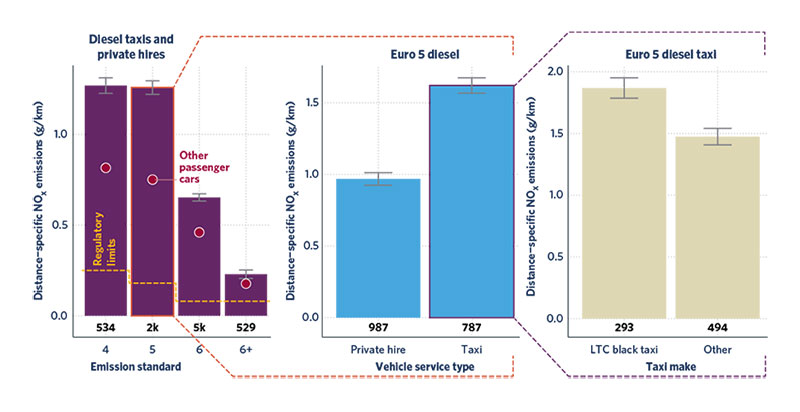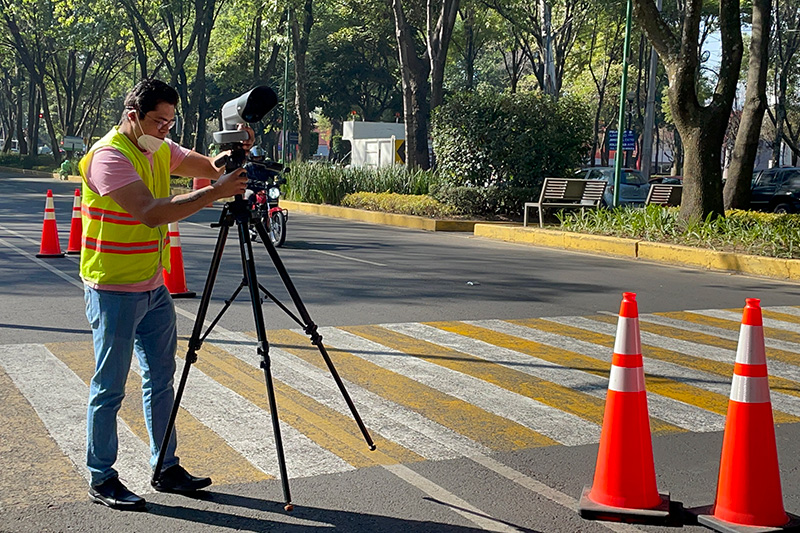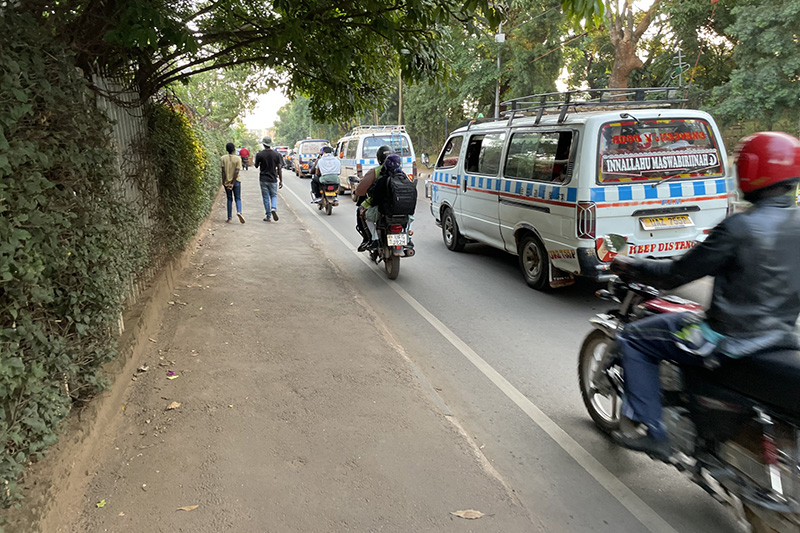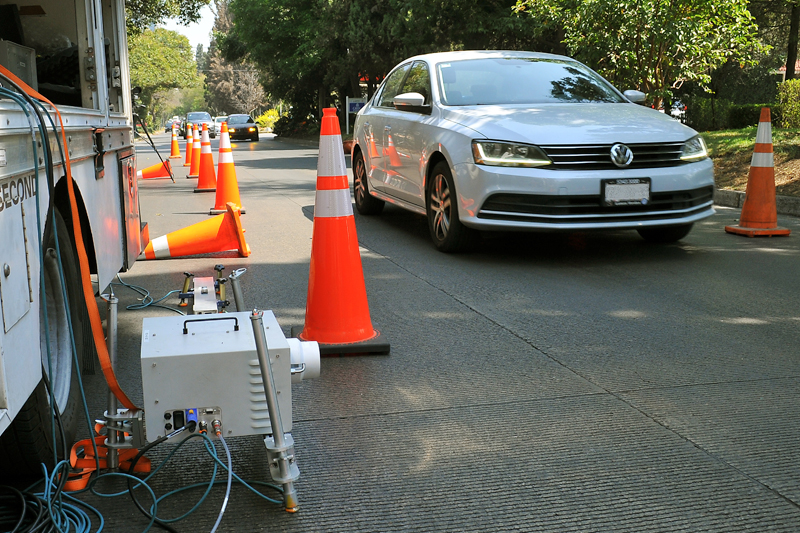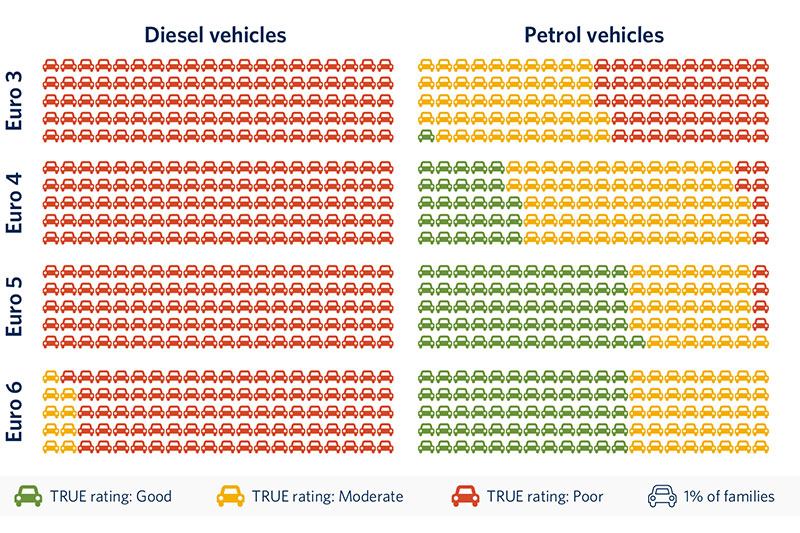Real-world emissions testing in Scottish cities show positive impact of proposed LEZs on air quality

Initial results from a three-year long vehicle emissions study across four cities in Scotland indicate proposed LEZs effectively target the highest emitting vehicle groups.
As Scotland begins to roll-out four low-emission zones (LEZ) in the city centres of Aberdeen, Dundee, Edinburgh, and Glasgow, Transport Scotland commissioned remote sensing testing campaigns to monitor real world emissions and assess the potential impacts of these zones and their ability to address air quality and public health concerns.
This comprehensive study, executed by TRUE partner the International Council on Clean Transportation (ICCT), Hager Environmental & Atmospheric Technologies (HEAT), and Element Energy, conducted the first phase of the project between October to November 2021.
This technical note, which will be followed by a full analysis next month, presents the assessment of real-world nitrogen oxide (NOx) emissions from passenger cars, including taxis and private hires, in these identified zones. Remote sensing instruments in Edinburgh and Glasgow collected over 225,000 real-world emissions measurements via remote sensing instruments.
Overall, results from the study show the proposed LEZs effectively target the highest emitting vehicle groups, namely diesel vehicles certified to Euro 5 or earlier. Policymakers may also consider excluding pre-RDE Euro 6 vehicles to achieve disproportionate emissions benefits.
Taxis and private hires constitute a large portion of the passenger car activity in these cities and nearly 90% were diesel-powered. Emission standards and/or age limits for these vehicles, including expanding the 7-year age limit which currently applies to only private hires in Glasgow, could bring about greater emissions benefits overall and greatly increase the effectiveness of LEZs in these cities.
“Remote sensing provides insight into real world emissions of diesel and petrol vehicles in the urban environment, detecting emissions that diverge from the type approval limit and typical levels. In improving our understanding of vehicle emissions and developing effective solutions we can support the delivery of policies to improve air quality and benefit the health of people in Scotland,” said Derek McCreadie, Senior Air Quality Emissions Adviser of Transport Scotland.
Understanding real-world emissions of the fleets in these cities provides policymakers with the insight to inform current and future policies to effectively address air pollution problems in their jurisdictions.
